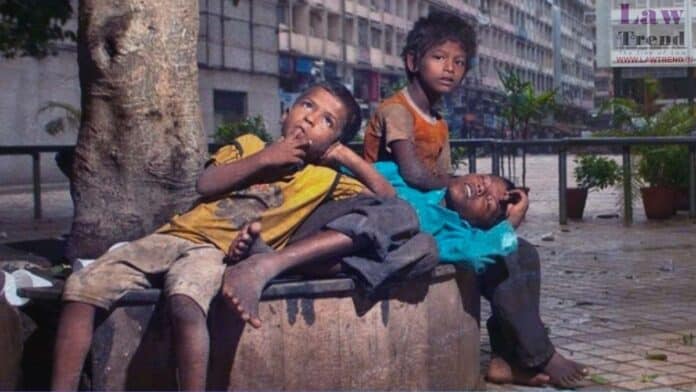Students of disadvantaged groups and economically backward classes have to be given equal opportunities to come forward in life and study in schools along with other children to be integrated into the mainstream society, the Delhi High Court has observed while directing a private school to grant admission to three students under the EWS category.
The high court said the limited seats which are available under the economically weaker section (EWS)/ Disadvantaged Group (DG) cannot be allowed to go waste as every vacant seat against this quota signifies denial of quality education to a child belonging to poor strata of society.
“Denial of admission to a child under the EWS/ DG category, would violate the rights of such children under Article 21A of the Constitution as well as rights available to such students under the Right to Education (RTE) Act, 2009,” Justice Mini Pushkarna said.

The court’s order came on a contempt petition filed by three children seeking compliance with a December 2021 order by which a reputed private school was directed to grant admission under the EWS/ DG category to the petitioners.
The three petitioners were seeking admission in the school in Class 1 under the EWS/ DG category. They were successful in the draw of lots conducted by the Delhi government’s Directorate of Education (DOE) and allotted the respondent school for admission.
However, the petitioners were denied admission on account of various objections raised by the school.
Regarding one of the three students, the school claimed the child’s address was not traceable during physical verification.
Responding to the claim, the judge said the court cannot shut its eye to the fact that the child belongs to a disadvantaged group in society, and a child living in a rural area and in a rented accommodation cannot be denied admission merely because the nominee of DoE was unable to trace the address during physical verification.
“This court cannot ignore the fact that the disadvantaged groups of the society have to be given equal opportunities to come forward in life. This includes giving opportunities to the students belonging to the disadvantaged groups and economically backward classes to study in schools along with other children, so that they are part of the mainstream of the society.
“Further, if the admissions are denied to such applicants under the EWS/ DG category on such unjustified grounds, then the limited seats which are available under the EWS/ DG category will go to waste,” the high court said.
It also noted the DoE has made it very clear that no other child has been allotted seats under the EWS/ DG category in the school concerned against the seats allotted to the petitioners.
Also Read
The court said the school is under an obligation to reserve 25 per cent of its seats against the available/ declared strength of its classes at the entry level under the Right to Education (RTE) Act.
The DOE allots seats and confirms admissions to the respective schools after taking into account available and declared strength of the classes and there is no justified reason for the school to deny admission to the petitioners, it said.
The high court said the school cannot shun its responsibility under Article 21A of the Constitution, which provides for a categorical obligation on the State to ensure free and compulsory education to all children in the age group of 6 to 14 years as a fundamental right.
The court asked the three children to approach the school to seek admission in Class 1 under the EWS/ DG category, and also directed the school to immediately process the documents submitted by the petitioners and grant them admission for the current academic session 2023-2024.
According to the Right of Children to Free and Compulsory Education Act, 2009, a child from a weaker section means the one whose parents or guardians earn less than the minimum limit set by the Government. A child from a Disadvantaged Group (DG) is one with disabilities, those who belong to Scheduled Caste (SC) or Scheduled Tribe (ST), and those who are part of any socially and educationally backward class’ as may be specified by the notification of an appropriate government.







